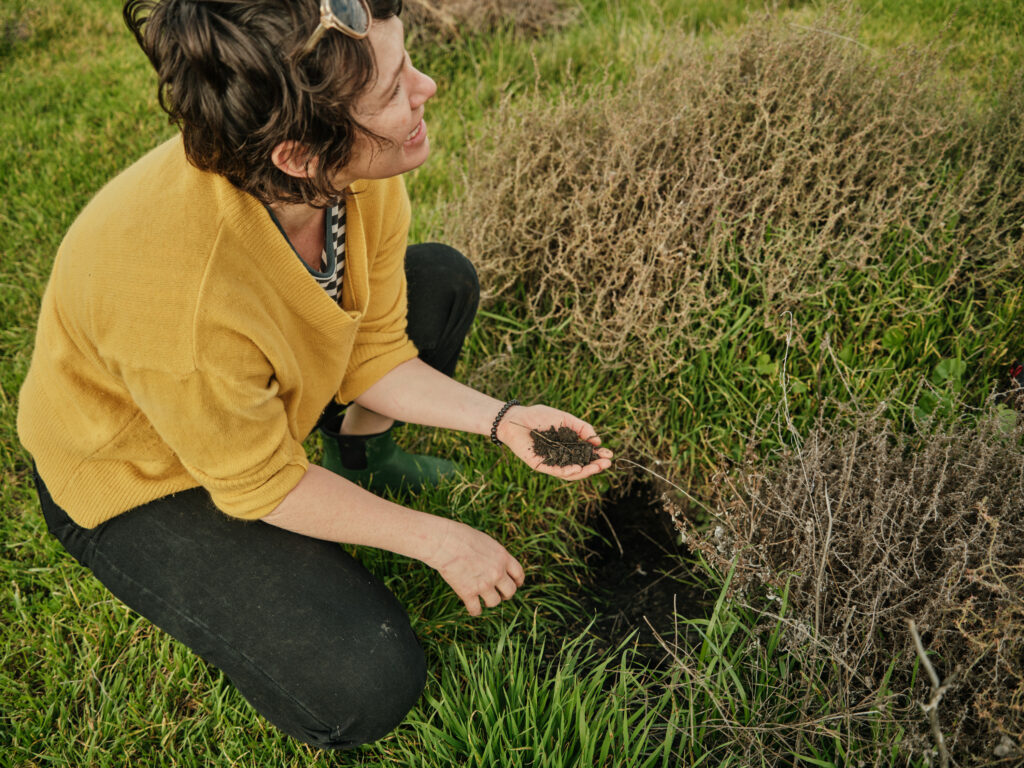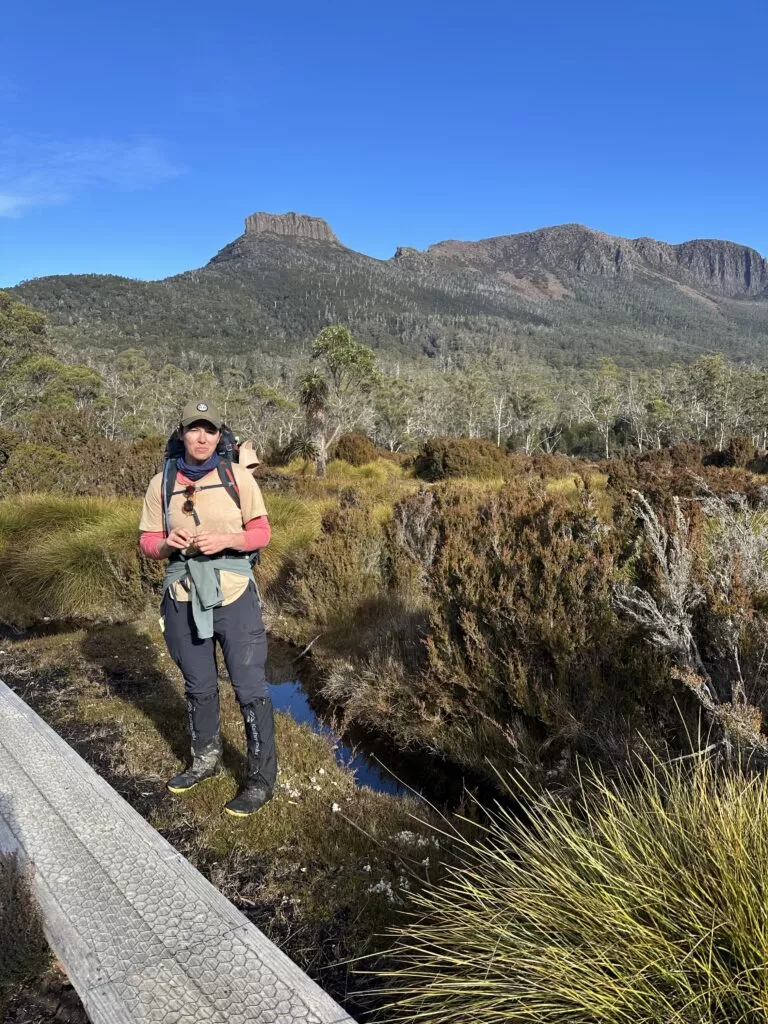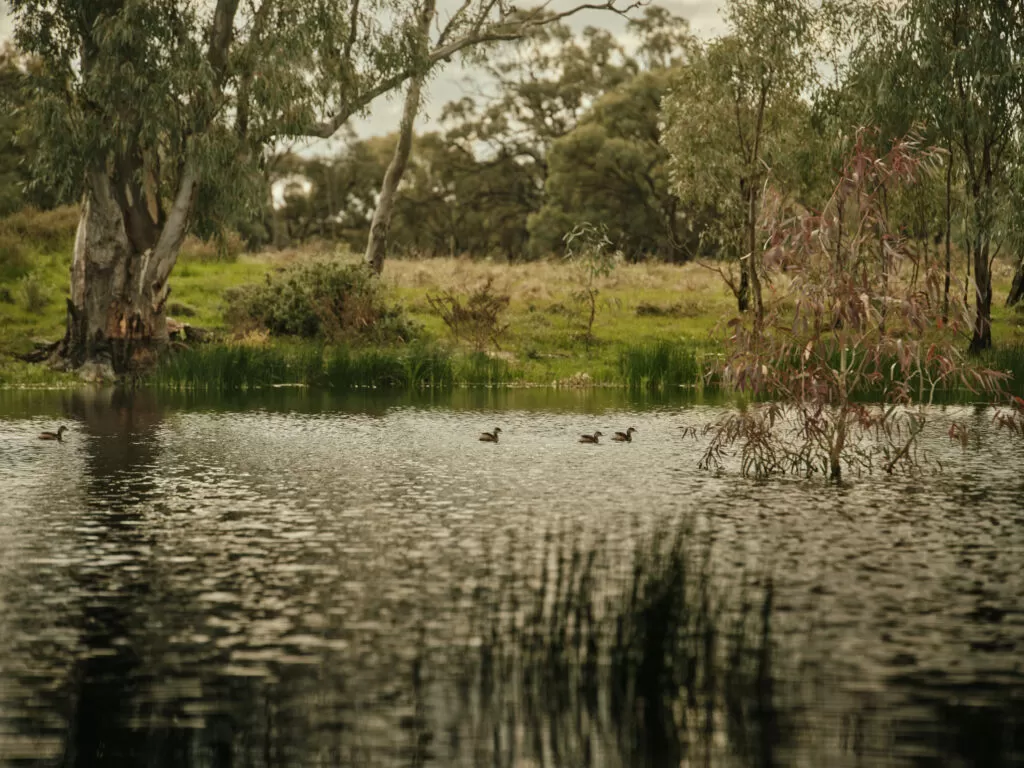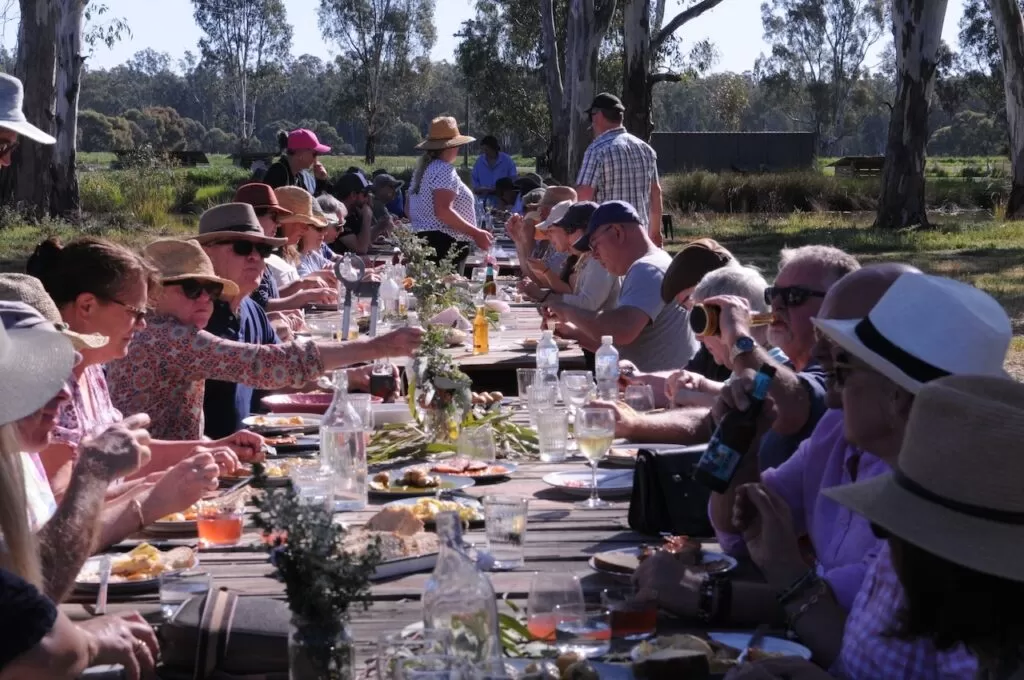
Howdy and apologies for the radio silence this year! As usual post Christmas, Easter flies around then all of a sudden we’re wearing long pants, facing the depths of winter and slow cuts, squirrelling wood for fires and relishing in the cool crispy days. That’s what it’s like here anyway… It’s a glorious time of the year! I’ve been making lots of bone broths and spending time in my garden when I can, snacking on breakfast radishes, rocket, beans and pea shoots. We have an abundance of heirloom kale and chard, fennel and the zukes are just at the end now that we’ve had a few light frosts. I travelled to Tassie recently and hiked the Overland Track with a friend, we dehydrated all our meals and chewed on our beef jerky, rillettes and little french ham during the day, we had the best weather- no rain just clear cold days, cold swims in the evenings in the streams and lakes, it was just an incredible experience! Taking time out from the business is so important for me, to switch completely off and immerse myself in the wild. I’d go mad (even madder) without that time out.

We’re thrilled to have been recognised for our efforts on the farm and in our business for being regenerative and are a showcase producer on the Discover Regenerative platform. This was orchestrated by Open Food Network and supported by many other regenerative organisations leading the way in regen farming and monitoring in Australia.
Our farm was very monoculture in the beginning just with free ranging pigs and red gum trees, dominant annual pastures, big paddocks and lots of space for pigs to roam. Over the years we have made the paddocks smaller, introduced diverse multi species cover crops, worm castings and resting paddocks for longer, planted heaps of different indigenous plants and shrubs and introduced egg and heritage meat chickens and cattle.
Our thing has always been paddock to plate meat, butchering and handcrafting our meat into small goods and charcuterie in our own butchery. What we’re doing on the farm and being able to value add our meat is regenerative- it’s not just about the soil and the environment. Being regenerative means we can keep doing what we’re doing forever and leave a legacy for our kids and the community, watching our environment around us soften and thrive and the people we work with live good lives. That’s the name of our game and what we see as regenerative. The Discover regenerative portal is where you can connect with regenerative producers and buy their produce. It’s an amazing initiative and we are proud to be on there!
On the farm it’s been busy as usual, Lach was away all of April helping friends with rice harvest while the kids and I held the fort for the school holidays. But now it’s June and we have things to get done. Last year we applied for a low interest loan to the Rural Assistance Authority to build a shed, our access roads, laneways and water access, revegetation and pasture establishment for our other farm, ‘Gulpega’ (indigenous word for waterhole). Lach and Dad have just started doing the grading for the roads and we’ve marked out native veg areas and the wetlands and where the fences need to go so we can rotate our cattle and chooks and eventually incorporate pigs to that farm too but enhance the natural assets too. The waterholes on the farm still have water in them from the Summer rain and the place comes alive so come Spring we’ll be getting environmental water allocation to enhance the whole system that runs through our place. Eventually we’d like to place some off-gird pods down there to host guests who are partial to a bit of off-grid down time in nature. We’ll be announcing some dates for tree planting help for Spring, we’ll feed you all weekend and you can camp or stay local, but we’ll have over 4000 trees to plant and guard this year and would love some help.

A few weeks ago we were notified that the Avian Flu has been detected at farms a few hours from us, we have decided not to increase our egg production until this passes and also have done our last trip to the abattoir in Melbourne for our meat chickens for a few months. The meat chicken enterprise has been a hell of a ride… Since buying chicks from Milking Yard Farm in October 2022, we have struggled to access processing services - flashback to the Barham Micro-abattoir supposedly was to open in December 2022!!!! - then moving from a processor in Melbourne to another one which did a great job but eventually chose not to process our birds because of their own business commitments (we are too small and annoying), so we are back at the first one and have been having some real issues with the quality of the birds, crops full of food, guts still inside, bits broken and skin missing… It is so disappointing after all the months it takes to grow the birds and then drive them to Melbourne, come back and pack them and send them out again… It’s also very unsustainable. More on that below.
The Barham micro-abattoir failed it’s first audit in December due to construction issues, the local council have now taken responsibility and are rectifying the issues with a new contractor. Works aim to be finished in July so we are hoping fingers toes and eyes crossed that the thing can get a license and we can start to process our animals just 10 minutes down the road. If you have been with us for the past 8 years you will understand what a process this has been and how frustrating it is that the build has taken so long to be completed sufficiently to get a license. I would love to build another one now with the knowledge I have under my belt and contacts we have made in the industry. In fact, I have just started consulting to a firm who are assisting a producer group and council in QLD to build a micro-abattoir. A lack of processing options for small producers is a nationwide problem. We are continually being cut out from larger abattoirs due to volume and demand coming from large supermarkets and international companies such as JBS for their own needs. This is removing small regenerative, organic and paddock to plate producers from the supply chain and instead favouring larger industrial based farming systems. It is getting harder and harder to access food from small farms, and when you remove small farming families from the food system you also remove people from rural communities, not to mention nutrient dense foods, food sovereignty and city-country connections. There are thousands of stories from farmers in the same boat as us, struggling to get their animals from their paddock to your plate but it isn’t in mainstream media so many people don’t even realise what’s going on behind the food on the shelves (or NOT on the shelves).

We are back on track with our air-dried cured goods as you’ll read below and are in full swing to start salami production in a few months. We are looking forward to hosting Hogfest again this year on Saturday September 21- save the date! Salami comp is back too… Embrace Local! Hogfest Slow Lunch & Forum tix are available to purchase now.